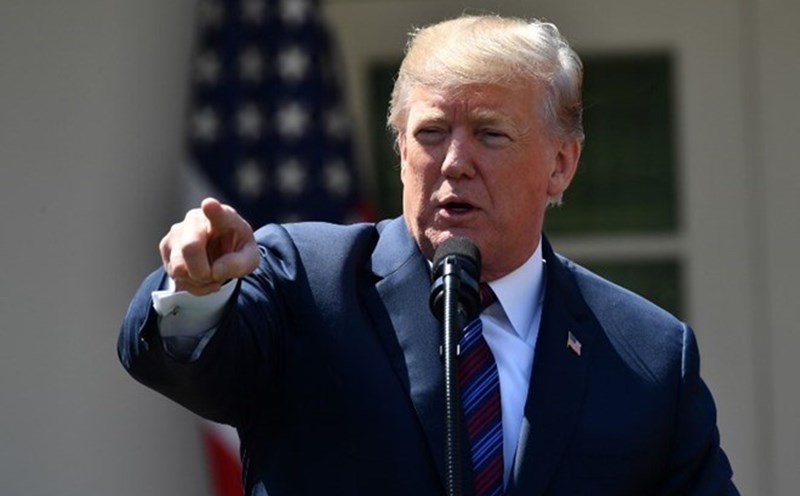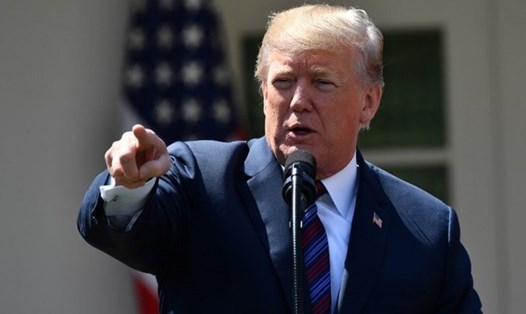The European Union (EU) is facing an urgent race with time to disburse a huge financial support package for Ukraine. Plans to use profits from frozen Russian assets to provide a loan of 140 billion euros (about 163 billion USD) to Ukraine are seriously stagnant, and according to the latest sources, the process could be further prolonged.
The European Parliament may participate in building a legal mechanism for the plan. This is a complex process involving 27 member states and many political groups, with the risk of prolonging the approval time.
The delay in this procedure appeared at the most urgent time. The situation became more tense as the Ukrainian government was expected to run out of budget in April next year. If the $163 billion loan is not disbursed before then, Kiev may no longer be able to pay for basic public services and soldiers' salaries.
The problem is further complicated as the International Monetary Fund (IMF) funding for Ukraine also depends on whether the EU can disburse this "compensation loan". This creates a dangerous domino effect: If EU loans fail, support from the IMF could also be frozen. European Economic Commissioner Valdis Dombrovskis acknowledged the difficult situation, noting that a "temporary solution" could be needed to provide financial support to Ukraine while waiting.
The biggest obstacle at the moment still comes from Belgium. At the summit in late October, Belgian Prime Minister Bart De Wever blocked the proposal to use Russian assets. The reason is that the Brussels-based depository company Euroclear is holding a large part of the 210 billion euros ($224 billion) in frozen Russian assets.
Brussels is concerned that if the move is ruled illegal by an international court, Belgium could have to pay compensation to Russia alone. Mr. De Wever called for a comprehensive "risk sharing" mechanism, in which all legal losses must be borne by all 27 EU member states.
To break the deadlock, an important meeting between the Belgian government representative and the European Commission (EC) took place on November 7.
However, even if Belgium agrees to withdraw the objection, the EC still faces a long legal journey. The European Parliaments participation in the law-making process will complicate the process, threatening disbursement targets before April.
While the EU is struggling with legality, Russia has issued repeated warnings. Moscow has said any plan to display assets, whether as profits or as original assets, would be considered a theft and Russia would "act immediately", possibly by seizing the remaining Western assets in Russia.











